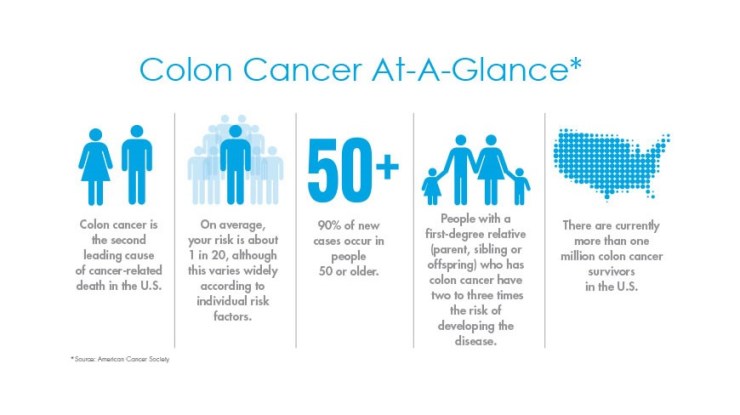What is colorectal cancer?
Diseases of the colon and rectum (colorectal malignancy) begin when the procedure of the typical substitution of colon lining cells goes amiss. Oversights in cell division happen as often as possible.
Once a colorectal disease shapes, it starts to develop in two different ways. To begin with, the growth can develop locally and stretch out through the mass of the digestive system and attack adjoining structures, making the mass (called the essential tumor) all the more an issue and harder to expel. Second, as the malignancy develops it starts the procedure of metastasis, shedding a great many cells daily into the blood and lymphatic framework that can make growths shape in far-off areas.
Visit website – safegenericpharmacy for more information about prescribed medicines and also you can get more money saving discounts on every season and months..!!!
What are the signs and symptoms of colon cancer?
Symptoms of colorectal cancer are numerous and nonspecific.
They include fatigue, weakness, shortness of breath, change in entrail propensities, tight stools, diarrhea or constipation, red or dark blood in stool, weight loss, abdominal torment, issues, or bloating. Different conditions such as irritable gut syndrome (spastic colon), ulcerative colitis, Crohn’s disease, diverticulosis, and peptic ulcer disease can have manifestations that copy colorectal malignancy.

What tests should be possible to identify and analyze colon growth?
At the point when colon malignancy is suspected, a colonoscopy is normally performed to affirm the conclusion and find the tumor.
Colonoscopy is a method whereby a social insurance proficient supplements a long, adaptable review tube into the rectum to inspect within the whole colon. Colonoscopy is, for the most part, thought to be more exact than barium bowel purge X-beams, particularly in identifying little polyps. In the event that colon polyps are discovered, they typically are expelled through the colonoscope and sent to the pathologist. The pathologist analyzes the polyps under the magnifying instrument to check for disease. Colonoscopy is the best technique to utilize when the disease of the colon is suspected.
Sigmoidoscopy is a system performed utilizing a shorter adaptable degree to inspect only the left colon and rectum. It is more effectively arranged for and performed than an entire colonoscopy, however, has clear impediments as far as not being sufficiently long to survey both the privilege and transverse colons.
What are the stages of colon cancer?

Stage I colorectal malignancies include just the deepest layers of the colon or rectum. The probability of fix (great forecast) for arranging I colorectal malignancy is more than 90%.
Stage II malignancies display more noteworthy development and expansion of tumor through the mass of the colon or rectum into nearby structures.
Stage III colorectal growths show spread of the disease to nearby lymph hubs.
Stage IV (metastatic) colorectal diseases have spread, or metastasized, too far off organs or lymph hubs a long way from the first tumor.
What are the medications for colon cancer?
For early colon cancers, the prescribed treatment is a careful evacuation. For the vast majority with beginning period colon malignancy (arrange I and most stage II), medical procedure alone is the main treatment required. Chemotherapy might be offered to a few people with stage II growths who have factors proposing that their tumor might be at higher danger of a repeat. Be that as it may, once a colon tumor has spread to nearby lymph hubs (stage III), the danger of the disease returning stays high regardless of whether all unmistakable confirmation of growth has been expelled by the specialist.
Chemotherapy usually is given in a health care professional’s clinic, in the hospital as an outpatient, or at home. Therefore, chemotherapy can cause hair loss, mouth sores, nausea, vomiting, and diarrhea, but these effects are transient.
Treatment of stage IV colorectal cancer
Once colorectal cancer has spread distantly from the primary tumor site, it is described as stage IV disease. By then, colorectal cancer is not anymore a nearby issue, however, is rather a fundamental issue with tumor cells both obvious on a filter and imperceptible, yet likely present somewhere else all through the body.
Options for colorectal cancer treatment are Chemotherapy, Targeted therapies, Radiation therapy. Capecitabine (Xeloda), is a chemotherapy drug given in pill form.